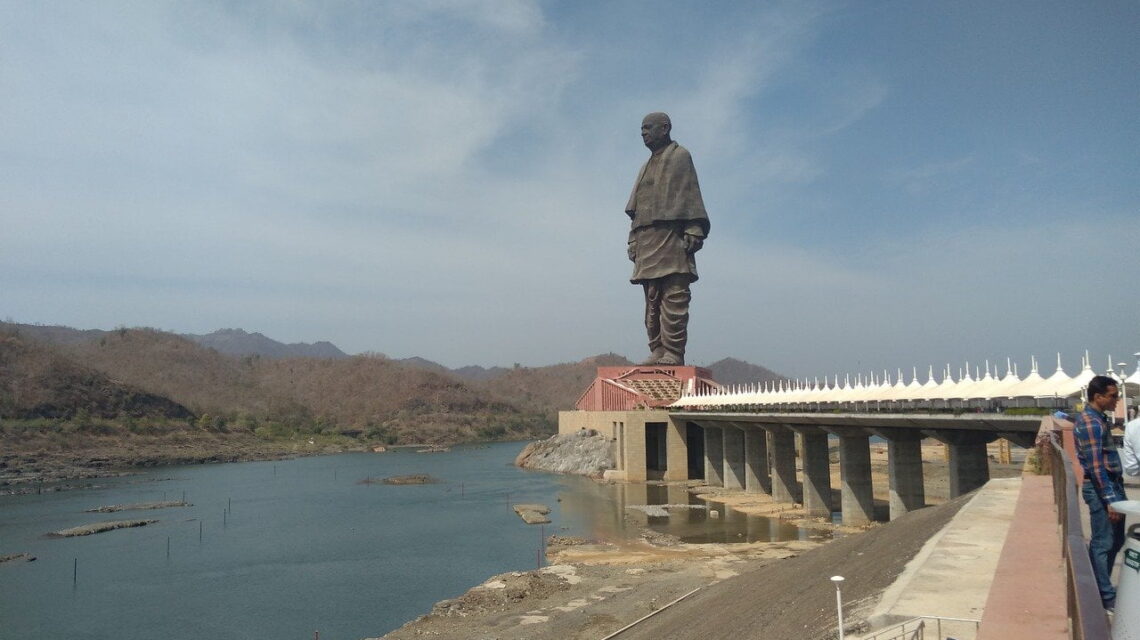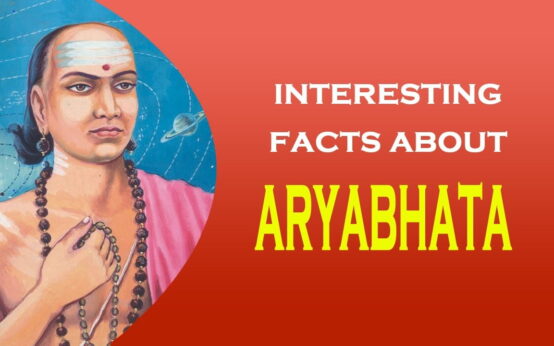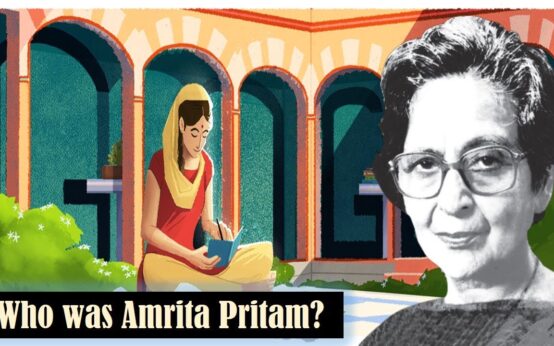Sardar Vallabhbhai Patel is one of the most prominent names on the Indian freedom fighters list. He was the catalyst of unifying all the Indian states. The name is already known to the country’s people as well as the international sphere. We have already been aware that a 182-meter tall statue which is the world’s No. 1, has been built that is dedicated to him.
It is mandatory now to read about his biography in premiere classes. Sardar Vallabhbhai Patel was one of the eminent and classy persons whose contribution to India’s independence made India free from the British. Whether you just want to gain some information about him or your kids have essays to complete in school, this article will give you detailed knowledge about him. So, without further ado, let’s get started.
Early Life of Sardar Vallabhbhai Patel
Born in Nadiad, Gujarat, there was no official record of his particular date of birth. But Sardar Vallabhbhai Patel used to write on 31st October 1875 because his matriculation paper fell on the same date. Since childhood, he was a stoic character. His father, Jhaverbhai Patel, used to serve in the army of the queen of Jhansi, and his mother was spiritualistic.
Also Read: Amrita Pritam
Unlike most of us, he didn’t complete his education at the proper age. He finished his matriculation at 22 at a very late age. After completing his matriculation, he was supposed to do some ordinary but destiny was something else. He planned to study law. So, he saved money and went to England for higher studies.
During his graduation, Sardar Vallabhbhai Patel used to borrow books from other lawyers. After coming to Ahmedabad, he set up his own chamber and became one of the successful barristers. There is an inspiring story about his dedication to the job. At the time of his wife’s demise, he was in cross-examining one of his witnesses in court. He read the news but didn’t leave the session rather continued his questioning. As soon as he won the case, he broke the news. His plan for joining politics came in later.
Sardar Vallabhbhai Patel as a Freedom Fighter
His involvement with politics started when he delivered a speech encouraging Indians to sign a petition on Swaraj in 1917. Subsequently, he became the secretary of Gujarat after being encouraged by Gandhi. Sardar Vallabhbhai Patel knew he would have to sacrifice his materialistic life and ambition if he joined Gandhi’s activism movement.
Also Read: Shirdi Sai Baba
He was elected as the president of the Gujarat Pradesh Congress Committee for helping the villagers not to pay any tax to the British rulers. The current government subsequently suspended the tax payment. Patel gave up his English-style clothes for the Non-cooperation movement.
In 1927, when the district was flooded by heavy rainfall, Sardar Vallabhbhai Patel was there to support by providing food, medicines, and clothes as well as emergency funds. After the establishment of Fundamental Rights and Economic Policy, he was arrested two times at the time of the Dandi Salt March. Patel was elected as the President of Congress in the 1931, Karachi session. He was arrested again with Gandhi after the failure of the Round Table Conference in London.
The relationship between Gandhi and Patel grew as an elder and younger brother. Sardar Vallabhbhai Patel became the main face of Congress in 1934. But the battle with two political leaders at that time started after his brother died. On the deathbed, his brother willed some of his estates to Bose. Patel raised many questions, and the battle started. The court ordered the will should be with only the family. So, Patel won, and later, he handed over all the money to Vithalbhai Memorial Trust.
His part in Quit India Movement is another remarkable moment in history. Patel was the first supporter of the Quit India Movement called Gandhi. Before the movement, he was again arrested and jailed for nine months.
On 7th August, India saw a huge gathering when Patel gave a speech in front of 1 lakh people in Bombay. He was arrested again on 9th August. After his release from jail in 1945, he realized that the British were preparing India to give independence.
Also Read: Aryabhata
Sardar Vallabhbhai Patel and Integration of States
As we have, till now, understood that this man was the supporter of Unity. He was one of the first persons who realized Gandhi’s view of integrating all the Indian states. It was too difficult to integrate 562 states with one governing body. So he took charge in 1947. Within a few months, all the states supported the movement except Hyderabad, Kashmir, and Junagarh. The Nizam of Junagarh surrendered after Patel sent Army to the state. Subsequently, Hyderabad also gave support to this. Without any battle, it was acquired by him with an iron hand.
Facts about Sardar Vallabhbhai Patel
- He was the first home minister as well as the first deputy prime minister of India.
- Mahatma Gandhi’s non-violence views heavily influenced him.
- He was brought up with five siblings in Nadiad, Gujarat.
- One of the most important persons in the integration of all the Indian states after post-independence.
- We know him in various names such as Bismarck of India, Iron Man of India, Unifier of India, etc.
- Every 31st of October is celebrated as the Rashtriya Ekta Diwas or National Unity Day.
- Gujarat has got the world’s tallest statue of Vallabhbhai Patel that is around 182-meters.
- He received the Bharat Ratna award in 1991.
Conclusion
Sardar Vallabhbhai Patel took his last breath on 15th December 1950. Honoured with the Bharat Ratna Award after his death, Sardar Vallabhbhai Patel is the man of true inspiration to every India. He was a man of morality. He influenced many Indians at his time as well as after his death. Following such as a person can truly be a learning experience. Whether you belong to any particular political party or not, he should be remembered by every Indian by their heart as the Indian Statesman. Every Indian should be proud of his contribution to society.
























 Aryabhata and His Contribution to the Whole World
Aryabhata and His Contribution to the Whole World  Amrita Pritam (Indian Novelist) – A Representative of Love and Feminism
Amrita Pritam (Indian Novelist) – A Representative of Love and Feminism  Most Popular December Global Holidays and Festivities
Most Popular December Global Holidays and Festivities